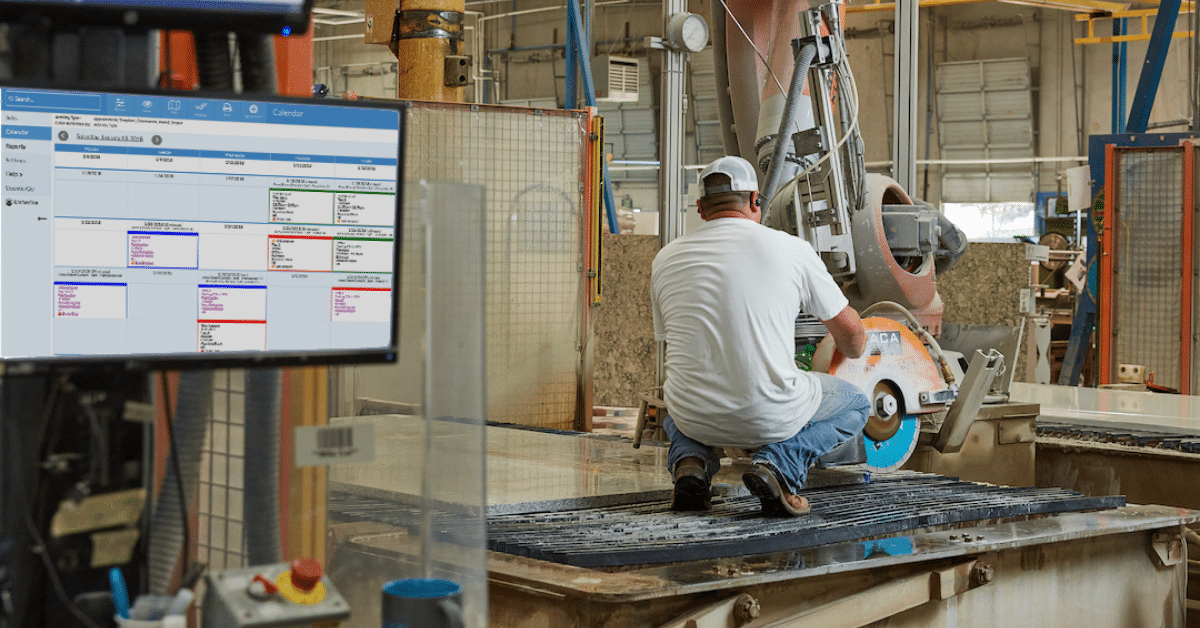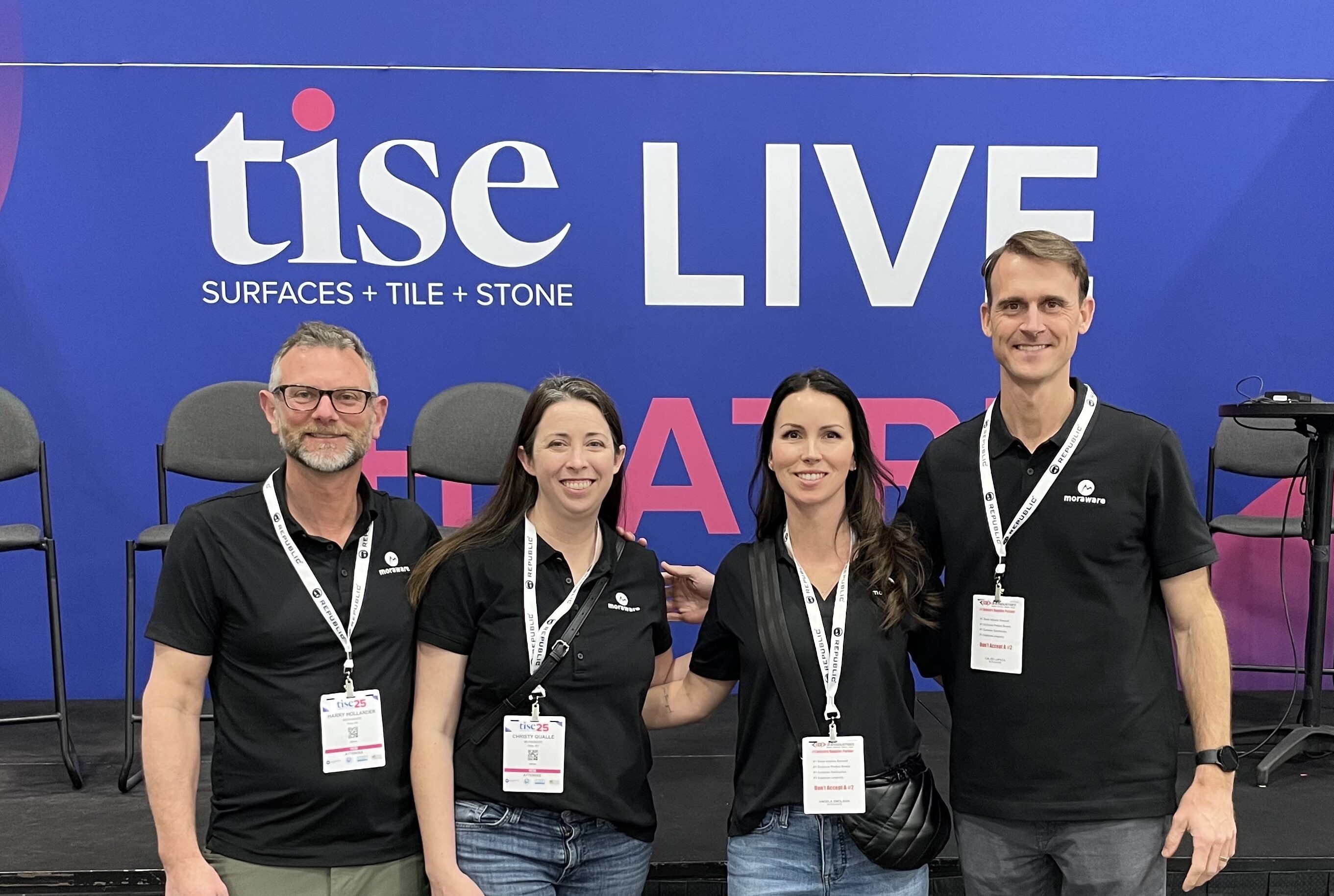I got a call from a countertop fabricator yesterday saying “I need software to tell me exact job costs, so we can figure out if we’re making money.”
If that’s you – STOP! You don’t need software.
It’s not the typical question we get from new prospects, but I think there’s a belief that if you know the exact cost of every job you’re doing, it’ll help your business.
I believe that individual job costs aren’t very useful to our business… or to yours.
But, in aggregate (over a week or month) you can get interesting insights into profitability. I think what’s important is figuring out whether you have certain types of jobs that are less profitable than others. You can probably get most of the numbers via your accounting system, but there might be more details that you want to dig in on via Moraware JobTracker.
What kind of costs are in your business?
Our software doesn’t directly help you figure out job cost, but depending on how you think about it, you can get some valuable data out. But, before you do… what do you mean by job costing?
You can boil down every expense in your business to 2 things:
- Overhead – your building, vehicles, equipment, utilities, administrative expenses
- Direct costs – direct labor and materials
Depending on how you split up those two categories, how you calculate the cost of a job can change – for example, is the depreciation on a vehicle tied to a job, or is it overhead? What about gas? Or the time that you used on your CNC?
All of the direct costs are what come out of your gross profit when you’re calculating net numbers. For most countertop fabricators I’ve visited, they look at granite slabs, sinks, and labor in the shop as their only direct costs.
Reporting on time
The number one thing we can help you figure out is the labor time – that’s usually easy to translate into labor cost. In JobTracker, you can report on time you’re spending on activities.
Once you create report you’ll probably want to export it to excel to analyze the data more and assign actual cost to the time.
There’s a trade-off, though. Every additional thing you track in your business incurs a cost of it’s own. We always recommend tracking only the highest level of detail. As your business grows and you have more employees and revenue, you can make the trade-off of tracking more detail.
Reporting on more?
But, it’s also possible to figure out more of the details, depending on what you’re currently tracking in your Moraware JobTracker.
Some of our customers have custom fields or job form fields that they use specifically to track material cost on a job, as well as the total amounts on a job. Here’s an example of reporting on that kind of thing. Instead of just reporting on sq. ft., you can apply the same concept to $.
I also really like the idea of specifically tracking “Throughput Dollars” – basically, that’s your revenue on a particular job, minus an estimate the variable cost. If you’re not familiar with that concept, or lean manufacturing, check out the book The Goal by Eli Goldratt. It’s a short, useful introduction to lean manufacturing and continuous improvement.
Time Study
Another really good approach to figuring out costs is to do a “time study“. For some short amount of time (like a week or two), be extra disciplined about writing down everything you think of as costs – labor time, shop supplies, material, gas…
Then, take a look at where the costs are. Usually, you’ll find that you can spot weird stuff just based on doing a limited-time study. Depending on the volume in your shop, you can get a sense for the types of jobs that are more or less profitable. And, just by analyzing your business in detail from time to time, you’ll probably discover ways to become more efficient.
Want to know more? At Moraware, we make software for countertop fabricators. CounterGo is countertop drawing, layout, and estimating software. JobTracker is scheduling software that helps you eliminate the time you waste looking for job folders. RemnantSwap is a free place to buy and sell granite remnants with fabricators near you. We also sponsor StoneTalk, the podcast for countertop fabricators.



